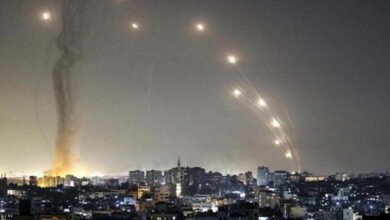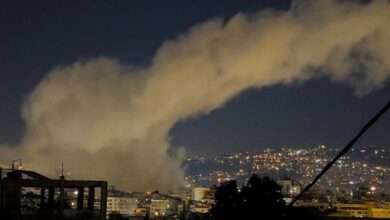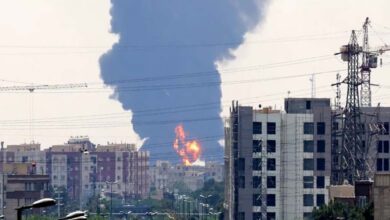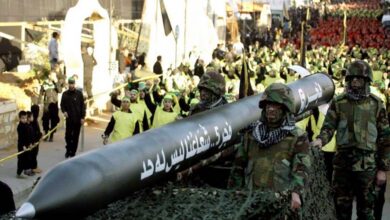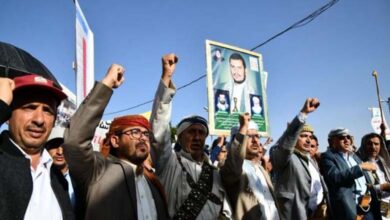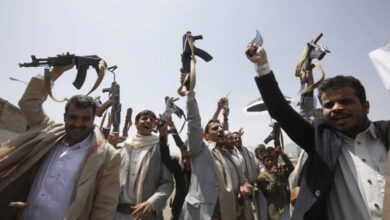What’s behind the Lebanese parliament’s refusal to hold a session to elect a new president?
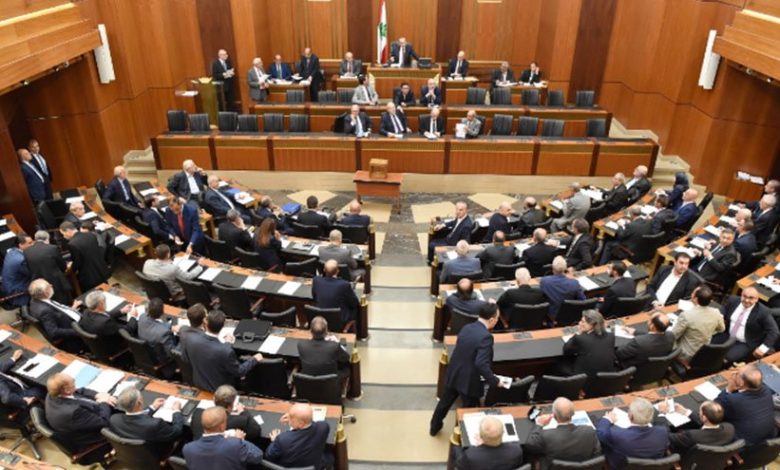
Lebanon’s presidential post has been vacant for six months. Baabda Palace has been empty since former army chief Michel Aoun left his official residence in Rabia.
According to The National, the split in the 128-seat parliament is so severe that parliament speaker Nabih Berri has even stopped scheduling sessions to elect a new president since the failure of the eleventh attempt last January. So far, no party or alliance has come close to overstepping the threshold in the legislature, as no group enjoys a majority.
Berri’s plans
Berri, the longtime speaker of parliament and leader of the Amal Movement, insists that the MPs do not take the elections seriously and that he is waiting for serious candidates to announce their candidacy before the reopening of the parliament. Two months ago, the Amal Movement and its Shiite ally, the militant group Hezbollah and the highly influential Lebanese political party, announced their support for Suleiman Franjieh, and one of Berri’s aides suggested at that time that a presidential session could be held once Mr. Franjieh officially announced his candidacy.
Two months later, the MPs were not summoned to parliament, despite Mr. Frangieh’s clear interest and praise for his strengths, and some strongly criticized Berri’s failure to recall the MPs, the magazine noted.
Controversies in Lebanon
An MP opposed to Hezbollah and its allies said, “With all due respect to Berri, but this is not his job, it is not a jury waiting to see if this person qualifies for the presidency or not, it is not his job to know if this person is serious or not.”
The source accused Berri of delaying the convening of the parliament to use the time to boost the chances of success for Franjieh, as Berri said recently that he has no plan B, only plan A, with the nomination of Franjieh.
“In Lebanon’s sectarian political system, the office of president is reserved for a Maronite Christian, a Shia Muslim parliamentary speaker, and a Sunni Muslim prime minister, and in the first round of voting, a two-thirds majority – or 86 seats – is required to appoint a president.” An absolute majority is needed in subsequent ballots in the same session, according to Berri’s decision – although they have been abandoned so far due to incomplete quorum, as Hezbollah and its allies have left the room, and the latter have so far always cast their ballots in blank, although there have been no sessions since they publicly supported Hezbollah and Amal Frangieh.
Dialog invitations
Calls for dialog to break the impasse are still ongoing, often under the guise of choosing a “consensus” candidate, but until now, the impasse has persisted as opposition factions exchange harsh criticism and efforts continue to fill the gap.


